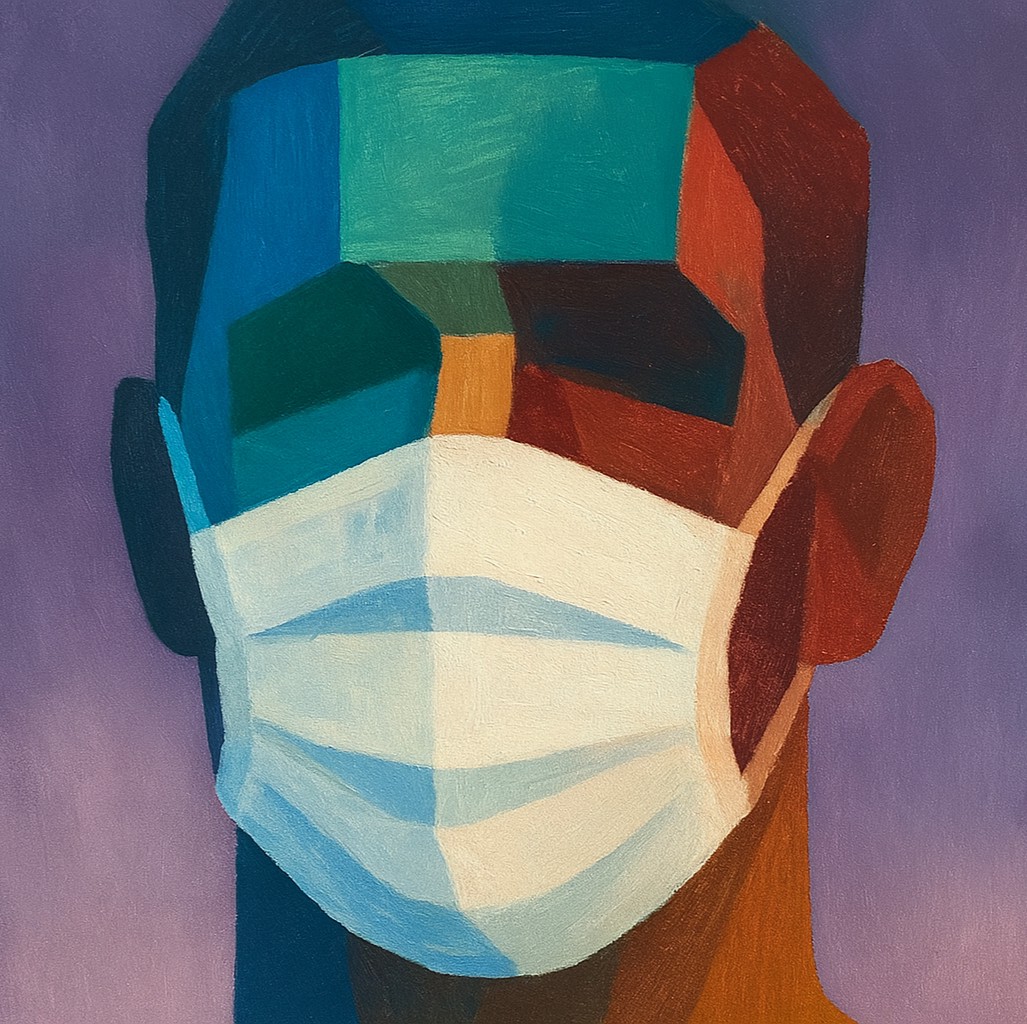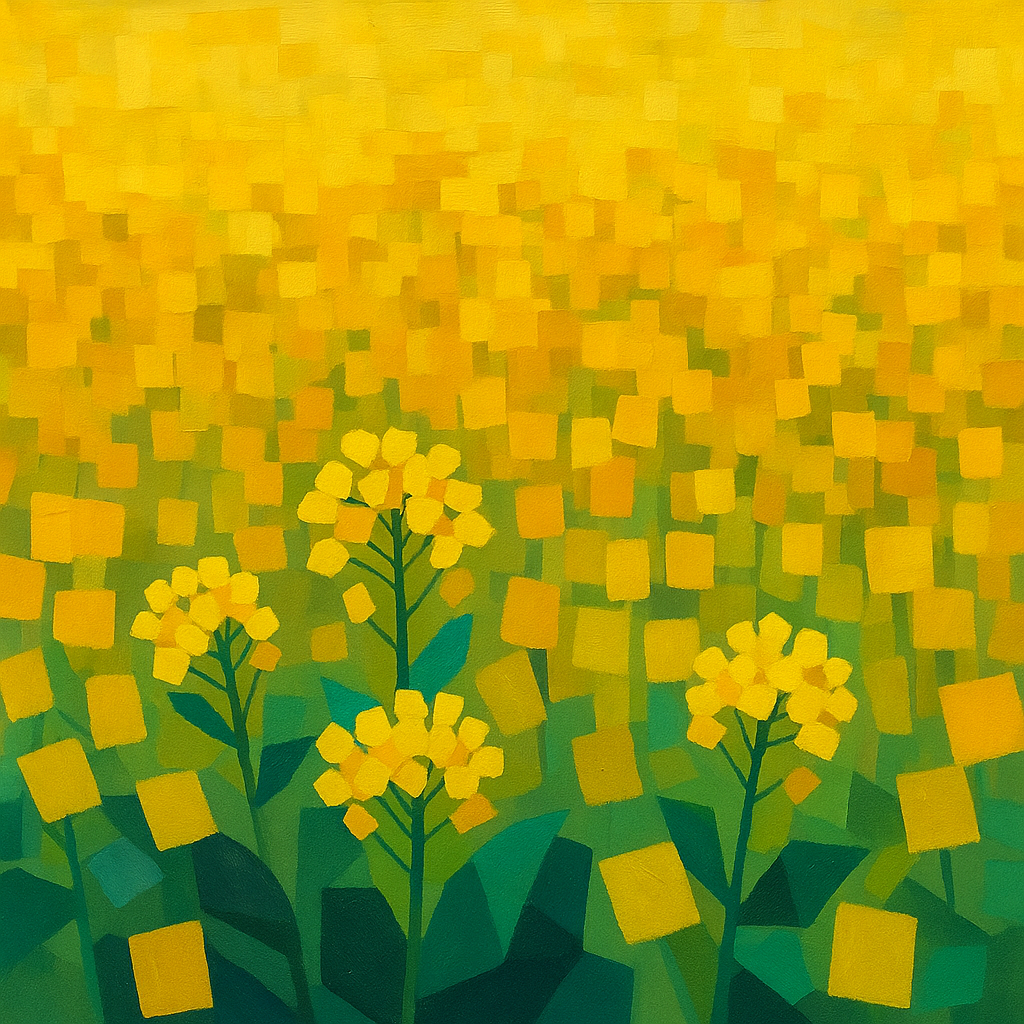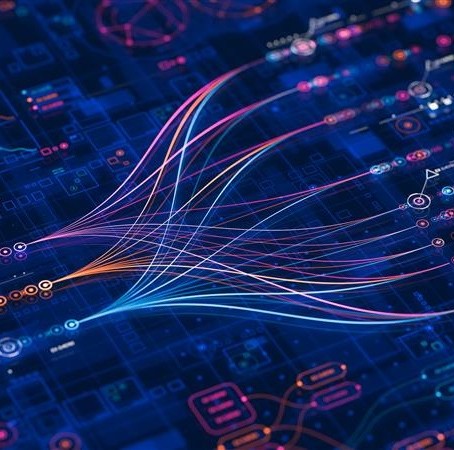Gene technology for better fish welfare
GMO anxiety does not merely cost the aquaculture industry billions of Norwegian kroner; it also harms the lives and health of salmon. To prevent avoidable suffering, industry leaders and policymakers must act quickly.

Ki-generated illustration from Sora.
Main moments
An English version of the policy note can be found on this link. Below is a machine-translated English summary.
Norway is the world's largest salmon producer. Around half of the world's Atlantic farmed salmon is produced in Norway, and salmon farming is among Norway's largest and most profitable industries.
Unfortunately, salmon farming is also the country's biggest animal welfare crisis. Around 200 million salmon a year die in production, often due to salmon lice, disease and stressful lice treatments. Lack of essential nutrients in the feed, especially marine fatty acids, impairs the health and welfare of salmon. Intense farming also leads to problems outside the facilities, including when farmed salmon multiply with wild axes and infect them with salmon lice.
It already exists technological solutions that can bring significant gains; in the short and long term. Among the most important are genetic technologies such as DNA vaccines, CRISPR/gene editing as a breeding tool and feed from genetically modified organisms (GMOs) are.
Unfortunately, opposition to genetic engineering and GMOs is being used as a trade policy tool to protect Norwegian agriculture from competition. This costs the aquaculture industry billions of kroner annually, and results in poorer health and welfare for fish.
Industry actors and policymakers must challenge the GMO dogma and agricultural interests and facilitate the use of technologies that will bring more value and fish a better life.
This note goes into depth on two examples of key genetic engineering solutions and presents our recommendations on what it takes to make them usable.
More from Langsikt
.png)
The world's best insurance: How investments in global health security protect both Norway and the world
It's time to treat health as security policy.

Professional disagreement over the pandemic should not be handled with intimidation and ruling techniques
The debate over the origins of the pandemic is not just about academic disagreement, but about academic freedom of expression.

The Arguments "Bondelaget" Leads Are Weak
Farmers should not stand in the way of GMOs that can make the farming industry more sustainable and strengthen fish welfare.

Statement on Biosecurity Risks at the Convergence of AI and the Life Sciences
This statement was developed by NTI in association with the AIxBio Global Forum.